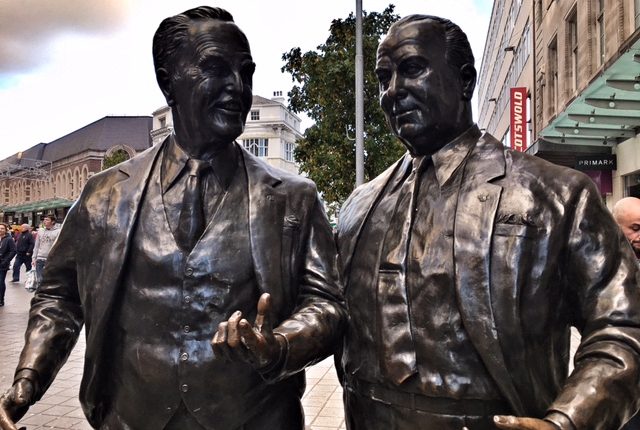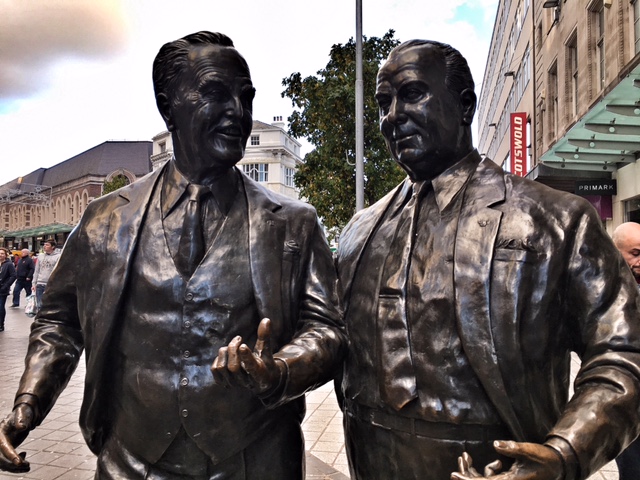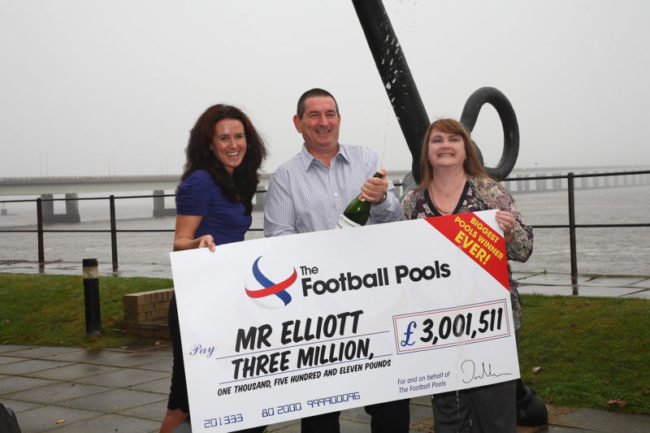
Sportech’s proposed £97.25m sales of its Liverpool-based Football Pools business to venture capita outfit Burlywood Capital has collapsed. As the firm decides what to do next, Tony McDonough looks at the history of the iconic business.

If it had been up to Britain’s first Labour Prime Minister, Ramsay MacDonald, football pools would have been banned before they had managed to become a cultural phenomenon.
Shortly after the game’s launch in 1923, MacDonald declared it a sinister means of spreading gambling fever, warning of “a disease which spread downwards to the industrious poor from the idle rich”.
Get rich quick
But the British people were willing to catch this “disease” in their millions – they saw it as the quickest way of getting rich.
At its height the pools was played by more than 10m people across the country.
The traditional and most famous game entered was the ‘Treble Chance’, now branded the “Classic Pools” game.
Players pick 10, 11 or 12 football games from the weekend’s fixtures to finish as a draw in which each team scores at least two goals to win the whole or a share of the top prize.
Players can win large cash prizes in a variety of other ways, based on a points-based scoring system.
Hopes dashed
In the old days the coupons would be picked up by door-to-door collectors and, on more than one occasion, a hapless punter would celebrate a massive win as the football results came in on the Saturday afternoon – only to have their hopes dashed when it transpired the collector hadn’t handed in their coupon.
All down to Sir John
It was legendary retail and home shopping tycoon Sir John Moores who pioneered the pools, along with two friends, Colin Askham and Bill Hughes
The trio had worked together as Post Office messenger boys in Manchester and, in 1923, they each put £50 into the new venture.
Askham had been orphaned as a child and brought up by an aunt and he had been born Colin Henry Littlewood and so the Liverpool-based venture was known as the Littlewoods Football Pool.
In the winter of 1923, Littlewoods Pools Company was founded with the first pools coupons being sold to football fans outside Manchester United’s Old Trafford ground.

During World War II, The Football Pools companies were committed to helping the national cause and gave the Prime Minister, Neville Chamberlain, freedom to use processing warehouses and its staff for important tasks to help towards the war effort, including making parachutes for soldiers.
In 1986 the Football Pools reached a milestone with the very first Football Pools millionaires.\Nurse Sister Margaret Francis and ten of her colleagues from Devizes, Wiltshire, shared £1,017,890.
Fight for survival
In 1994 the Government launched the National Lottery. The simple premise of picking six numbers with a chance of winning multi-million pound prizes made the pools seem old-fashioned and over-complicated.
Many predicted the rapid demise of the game and the numbers of players need indeed plummet in the years that followed.
However, the game survived with a hardcore of loyal players and when the Littlewoods empire was broken up and sold off in 2000, the pools business was acquired for £160m by Rodime, a Scottish firm specialising in hard disk drives.
It changed its name to Sportech and pools and gaming became its main business.
Rebirth of the pools
Sportech revitalised the pools and the numbers playing started to steadily grow again.
In August 2007, announced the £51m acquisition of Vernons Pools from Ladbrokes.
Sportech already owned and operated Littlewoods and Zetters Pools and, with the addition of Vernons, linked all three brands together to form ‘The Football Pools’.
In October 2010, Michael Elliott, 56, from Brechin in Scotland, wrote himself into the history books by being the first ever £3m winner on The Football Pools, scooping himself a massive £3,001, 511.
In Sportech’s last half-year results it was revealed that the pools had earned Sportech a profit of £7m. With the collapse of the sale, the question is, where do the pools go from here?
